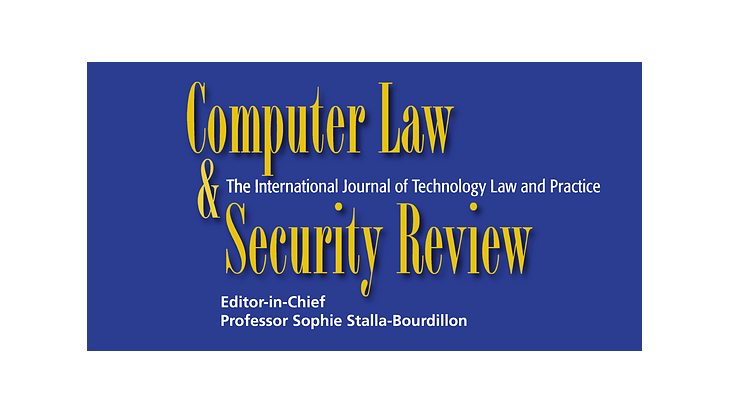für Recht und Ökonomik
Selected Publications: FinTech and International Financial Regulation
17. Februar 2021, von Pedro Magalhães Batista

Foto: Tomoe Steineck
Professor Yesha Yadav further develops her thesis on the challenges that FinTech presents to financial regulation in a recent publication, "FinTech and International Financial Regulation." As pointed out in her previous work with Chris Brummer, FinTech complicates the traditional trade-off of balancing incentives to innovation, ensuring market integrity, and establishing simpler, fairer rules for new entrants. While this trilemma is constantly present in financial regulators' decision-making, professor Yadav argues that this is even a greater challenge when considering international financial governance. The complex analysis of the trade-offs is intensified when considering the diversity of national legal systems and legislative and administrative processes. A major cause for this complexity is the information deficits among diverse jurisdictions that must analyze how adaptable financial innovations are to their national financial infrastructures, how FinTech developed in other nations are being supervised overseas, and how the FinTech disintermediation trend might further complexify interconnections which are hard to be fully understood. All this prompts enhanced information sharing and coordination among national regulations on how to better deal with such cross-border interdependencies.
Moreover, FinTech has different dynamics between developed and developing nations, sometimes holding higher value where traditional financial institutions fail to deliver efficient products and services. Thereby, a greater diversity of standard setters also emerges. This phenomenon increases negotiation costs as international regulation now has to attend to new players' interests. In this sense, with more diverse economic and social interests in consideration, regulators end up facing costlier bargaining when developing new rules and standards. The outcome doesn't look quite positive for fintech as imposing complex rules to ensure financial innovation and market integrity might hurt those lacking the expertise to internalize compliance costs. Finally, among the proposals Professor Yadav puts forward to counter the challenge of conciliating the new agenda setters' diverse interests, minilateral approaches seem quite promising. Such an approach could facilitate the finding of common interests among jurisdictions facing similar risks from FinTech while not imposing high costs in those jurisdictions with other priorities. Balancing the trade-offs of the regulatory trilemma is not only an economic exercise but a political one.
Don't forget to join us tomorrow, Thursday, February 18, at our next LFT workshop. We will welcome Professor Yadav to discuss "FinTech and the Innovation Trilemma." Register here.


